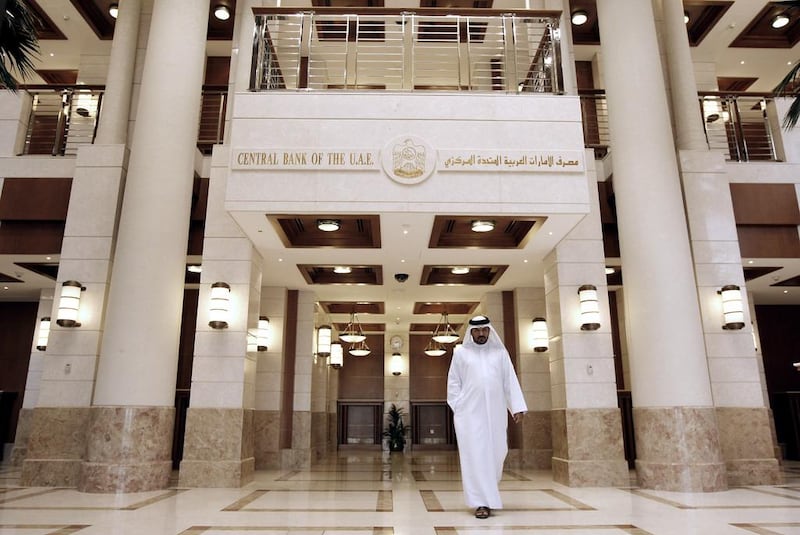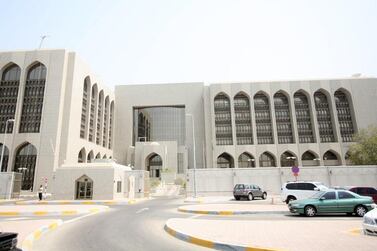Hawala providers in the UAE must register all their activities with the country’s central bank, the regulator said in a statement on Wednesday.
The move is expected to enhance transparency of financial transactions and strengthen the oversight of money transfers.
Hawaladars are informal funds transfer service providers between individuals utilising non-bank settlement methods.
“The CBUAE is committed to further strengthening the framework of a robust financial system in the UAE through appropriate regulations and processes to ensure complete transparency and appropriateness of all financial transactions originating from the UAE,” Abdulhamid M Saeed Alahmadi, governor of the Central Bank of the UAE, said in a statement on Wednesday.
“To that end, the registration system for hawala providers is especially significant as we are strengthening our efforts to maintain best-in-class reporting systems, especially in relation to improving the Anti-Money Laundering and Countering Financing of Terrorism systems within the country.”
The mandatory registration process will formally recognise hawala providers to operate alongside other channels of remittances, including money exchange houses, the statement added.
The central bank also said legal action will be taken against hawala providers if “they fail to register their applications within 90 days ... including imposing financial penalty and imprisonment”.
The UAE, which is home to more than 50 local, regional and international banks, has strict laws to combat money laundering and the financing of terrorism.
In June last year, the UAE became the first GCC country to launch 'goAML', a reporting platform developed by the United Nations to curb organised crime. More than 900 entities including, banks, insurance companies and money exchange centres became part of the platform to help regulators prevent money laundering, the financing of terrorism and other illicit financial activities, according to a statement carried by the state news agency Wam at the time.







